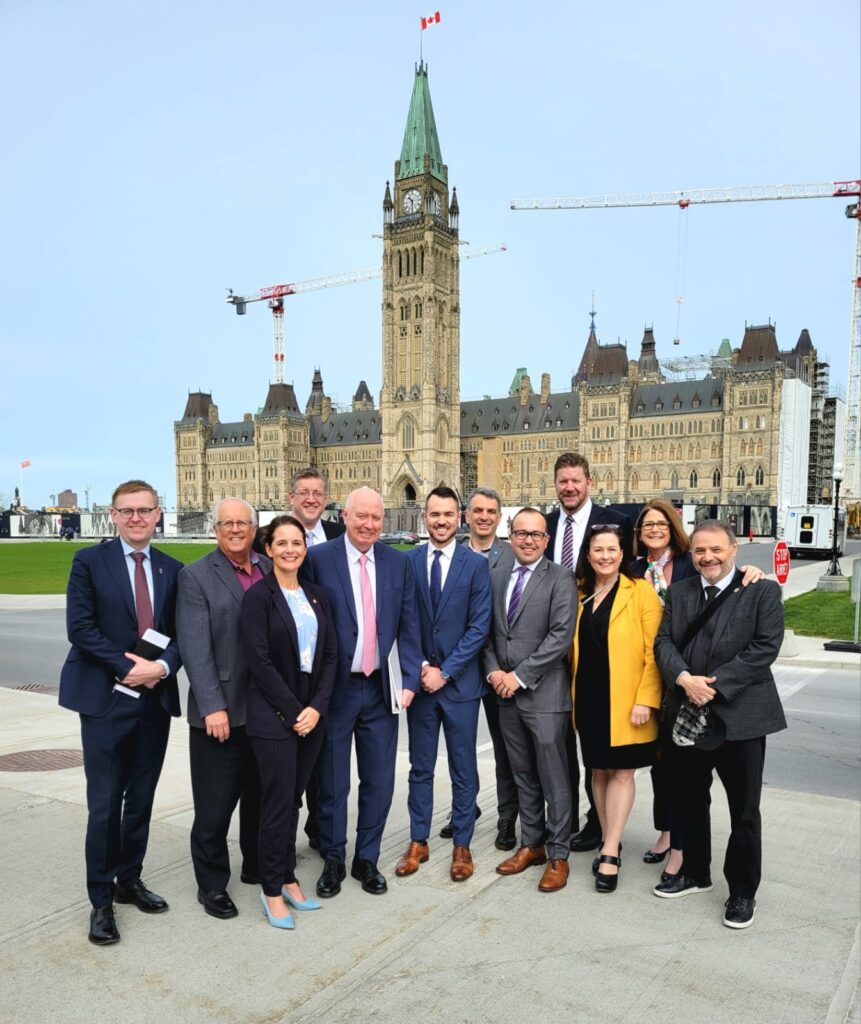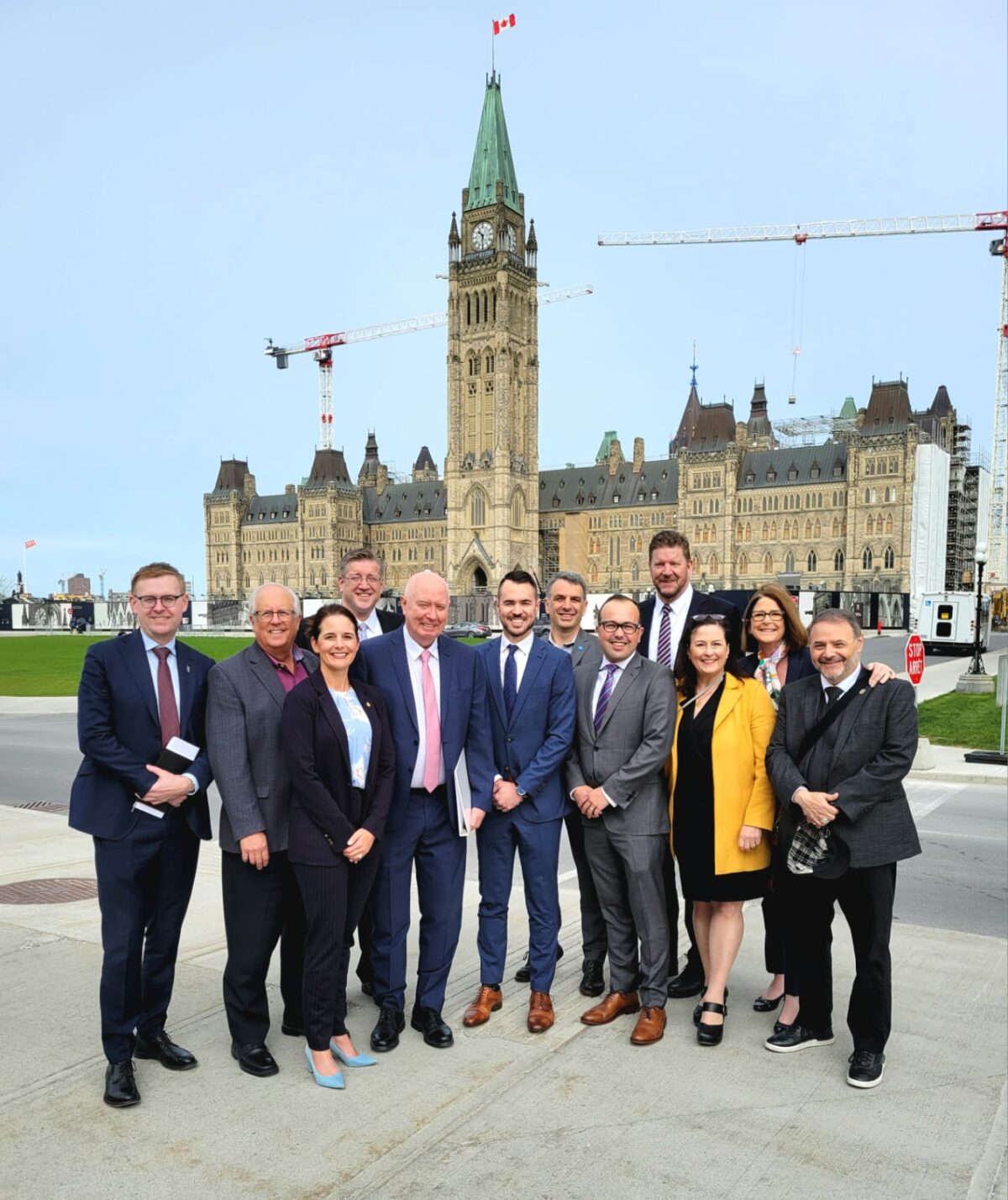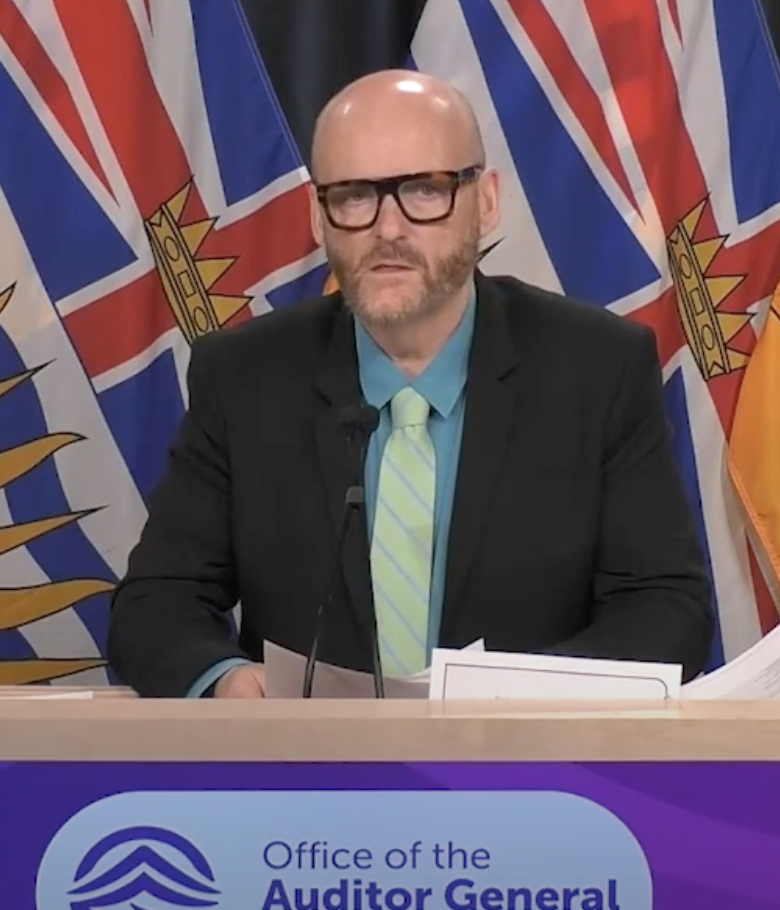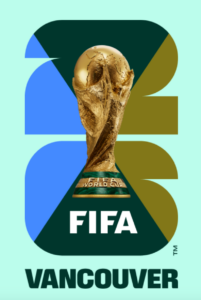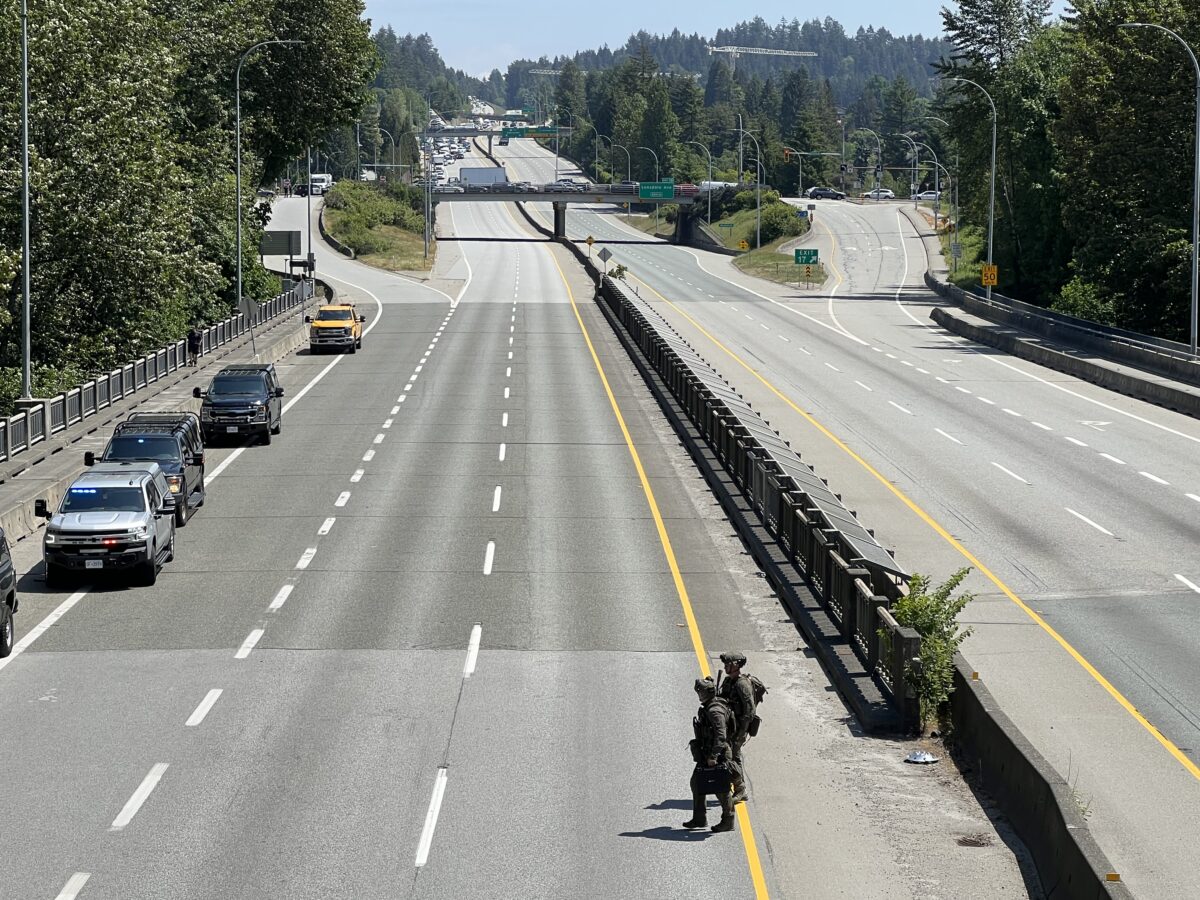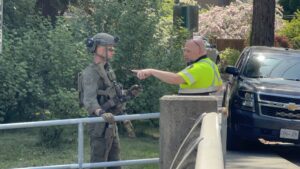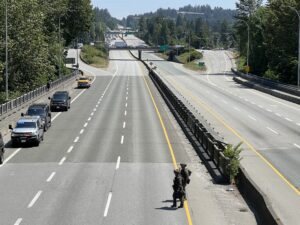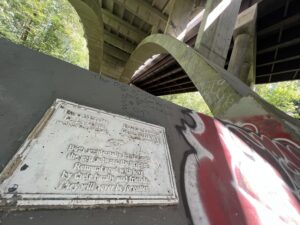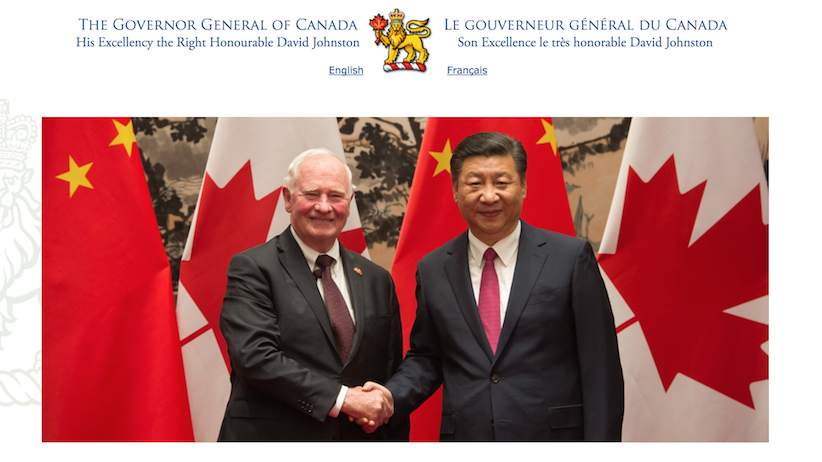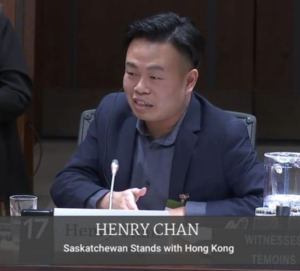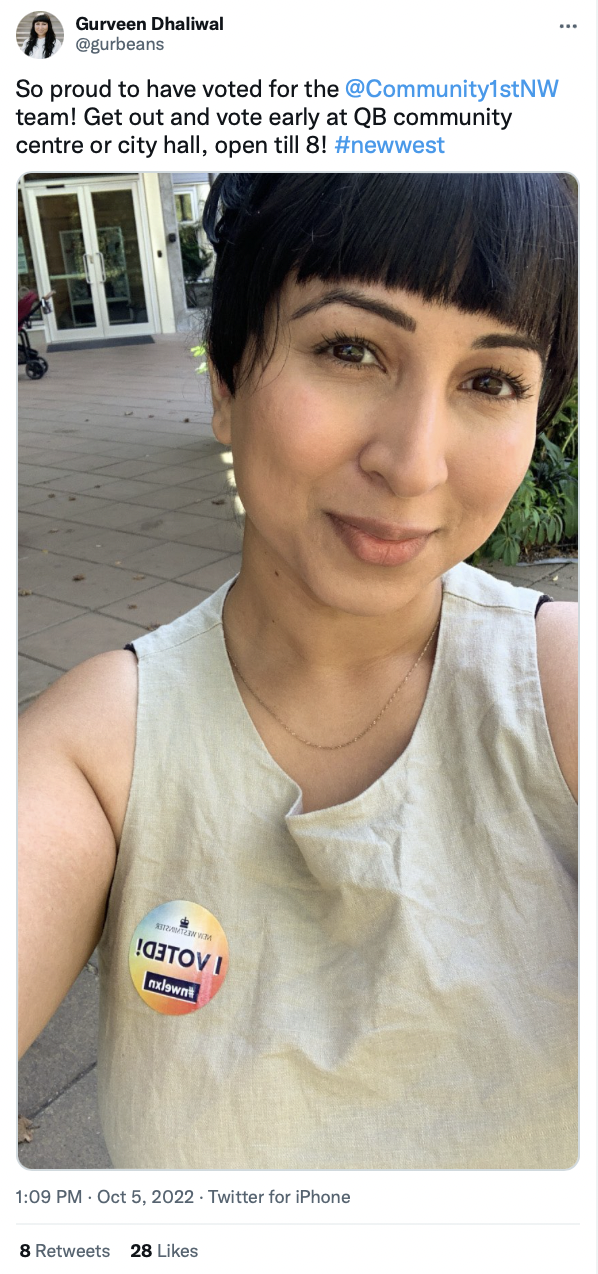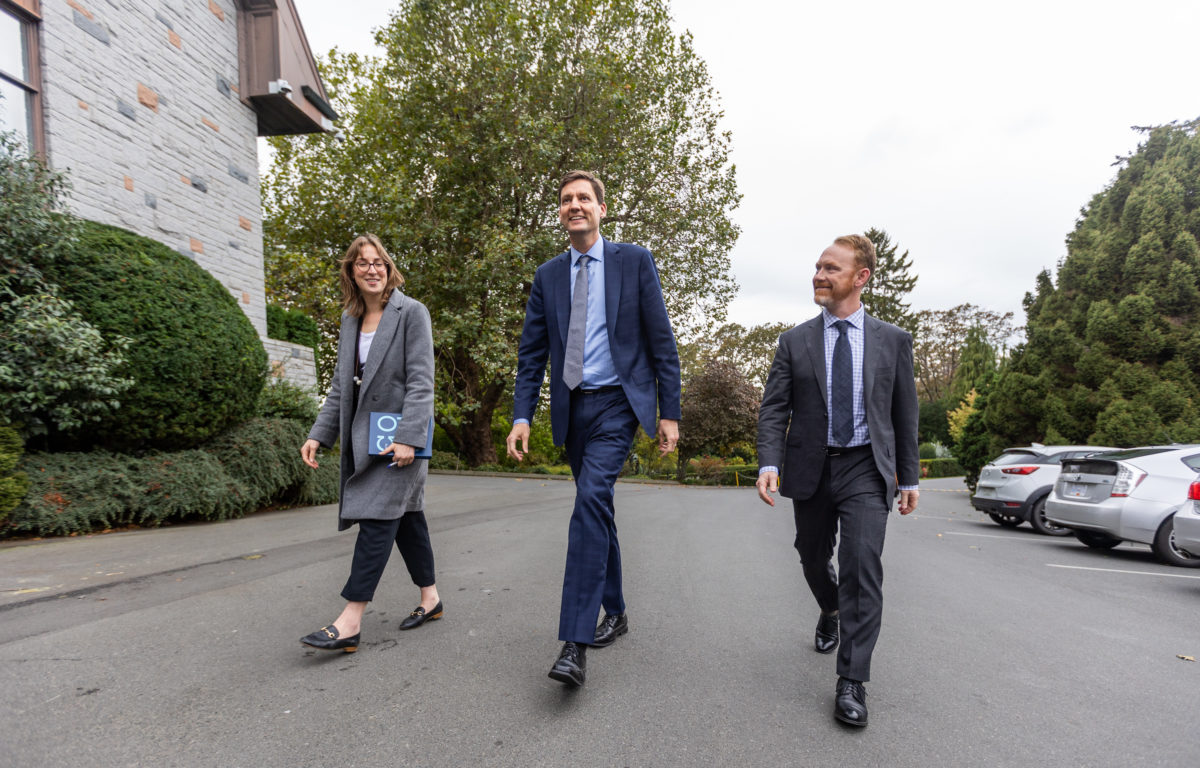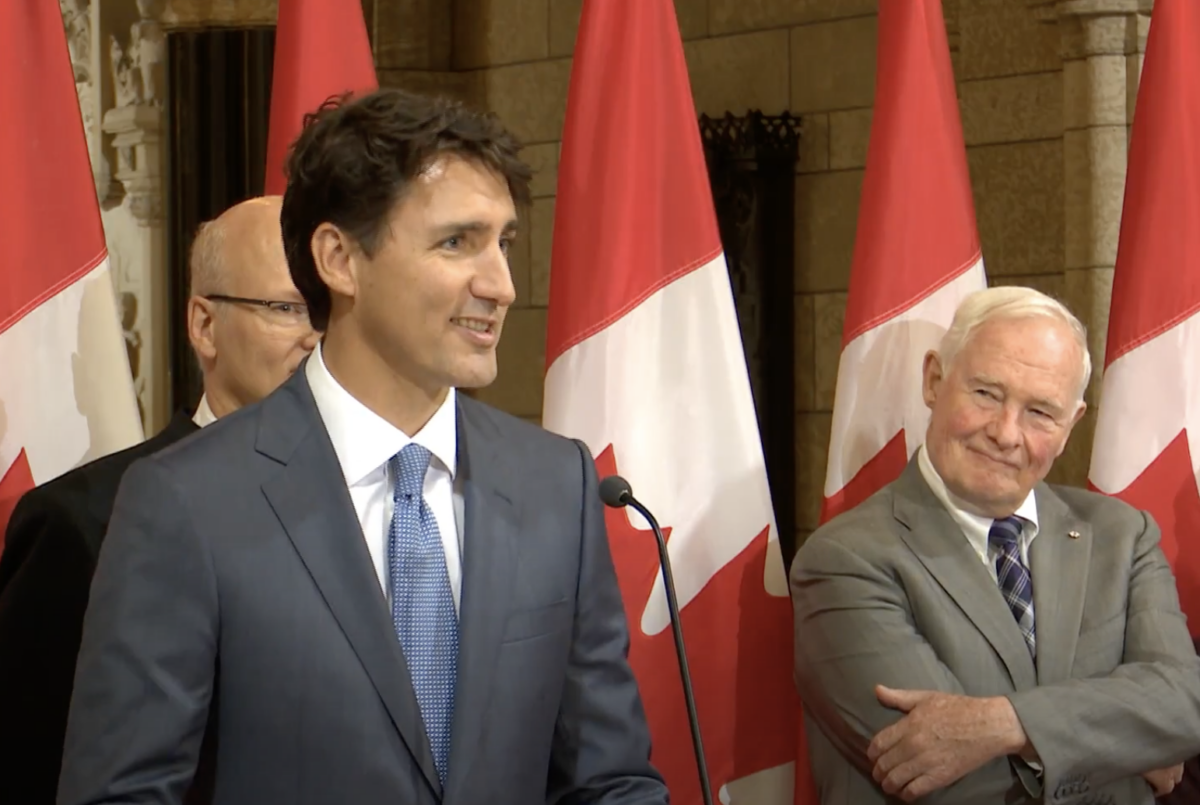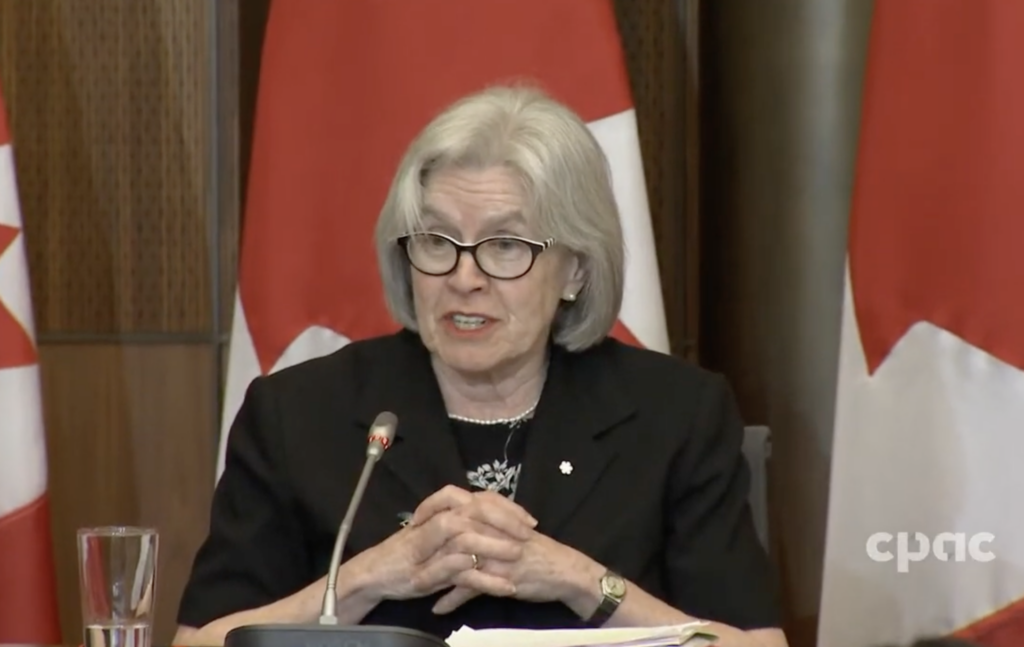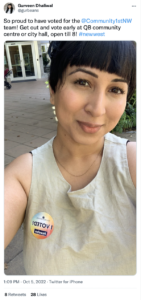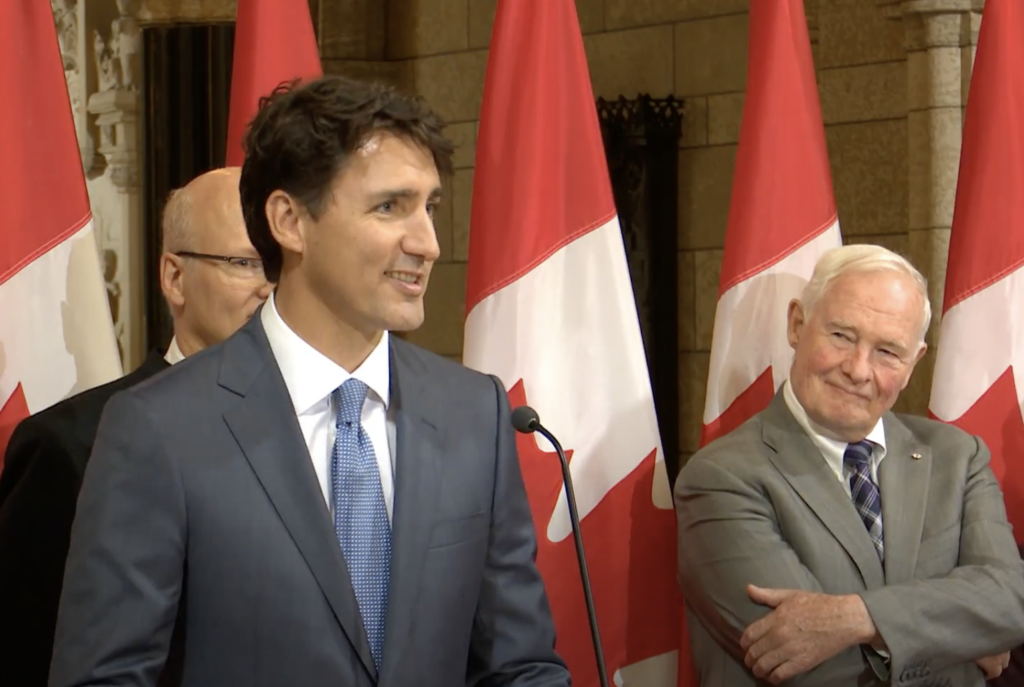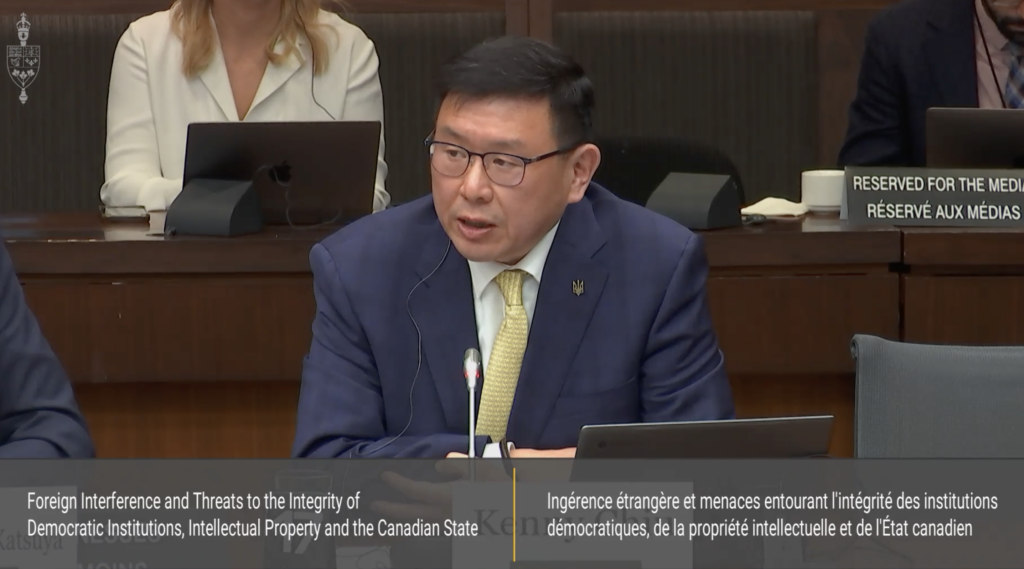Bob Mackin
The NDP ministerial aide under investigation for breaking a municipal election law has been suspended, according to Premier David Eby.
B.C. Prosecution Service (BCPS) announced Friday that a special prosecutor had been appointed to decide whether to charge Gurveen Dhaliwal, the New Westminster School Board chair who attended a Queensborough polling station to act as a scrutineer last Oct. 5.

Gurveen Dhaliwal (Twitter)
The Local Government Act says candidates may only visit a voting place in order to vote. The maximum penalty is a $5,000 fine and a year in jail.
Before he left May 27 for a trade mission to Asia, Eby provided few details.
“We take this investigation incredibly seriously,” Eby told reporters. “As soon as we learned about it, we placed the staffer on administrative leave. And, at this point, it’s in the hands of the special prosecutor and certainly, we’ll continue to monitor the situation, but the staffer was immediately placed on leave.”
BCPS announced at 2 p.m. last Friday afternoon that it had appointed lawyer John Gordon on May 4 to act as special prosecutor. BCPS refused to explain why it did not issue a news release on May 5 or the following week, the last week of the Legislature’s spring session.
Dhaliwal was appointed May 1 by cabinet order to work as the ministerial assistant to Health Minister Adrian Dix. It was not her first posting in government. In February 2021, cabinet appointed Dhaliwal to be an aide to Minister of State for Infrastructure Bowinn Ma.
Eby was contacted by a reporter via text message in the morning of May 4, asking if he was aware that Crown counsel was considering whether to charge Dhaliwal based on the New Westminster Police Department investigation. Eby did not respond. However, in late afternoon, Eby’s deputy communications director Jimmy Smith did.
“As noted in the media, Ms. Dhaliwal has expressed that she regrets the error, and the issue has been resolved with local elections officials,” said Smith’s email.
Last October, Cheryl Greenhalgh, the chair of Dhaliwal’s Community First party — not Dhaliwal herself — issued a statement that said Dhaliwal regretted her mistake and she had intended to observe the process and provide information to other volunteer scrutineers. As for the local election officials, they told witness Jason Chan, campaign manager of the rival New West Progressives, that they had limited power and referred him to police.
Dhaliwal won a second term on New Westminster School Board in the Oct. 15 election.
Nobody in the NDP government has explained why cabinet shuffled Dhaliwal on May 15 out of Dix’s office and into the office of Labour Minister Harry Bains.
Dhaliwal has not responded for comment. Nobody in Eby’s office responded Monday to queries about the timeline or whether Dhaliwal remains on the payroll.
Gordon will have to decide, based on the BCPS criteria, whether it is in the public interest to charge Dhaliwal and whether there is a substantial likelihood of conviction.
Aides misbehavin’
Over the years, aides to B.C. government politicians have taken unethical risks to advance their careers or taken the fall to protect their superiors.
Before he became an MLA, Dix was famously fired from his position as an aide to Premier Glen Clark in 1999 for backdating a memo. A Clark neighbour had allegedly fixed a deck at Clark’s house in exchange for a casino licence. Clark resigned after a conflict of interest investigation, but was acquitted of a breach of public trust charge in court.
Dix led the NDP in the 2013 election against the BC Liberals, who often reminded him of the backdated memo scandal. Dix, however, promised an NDP government would call a public inquiry into the most-famous and costly incident that involved political aides.
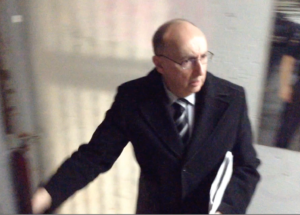
Brian Bonney, after his Jan. 31 breach of trust sentencing hearing. (Mackin)
BC Liberals Dave Basi, an aide to Finance Minister Gary Collins, and Bob Virk, an aide to Transportation Minister Judith Reid, copped a plea bargain in 2010 that stopped a trial into their role in the BC Rail privatization scandal, before Collins was due to testify in B.C. Supreme Court.
Basi and Virk, who had claimed innocence for six years, served two years of house arrest and probation. In return, the province agreed to pay their $6.2 million legal bills, despite a 2005 agreement that stated defence costs were paid in the form of a loan that must be repaid in the event of conviction.
Premier Gordon Campbell had promised to clear the air about the whole scandal, but never did. His successor, Christy Clark, simply pointed the finger at Basi and Virk.
Dix lost an election many thought he would win. No public inquiry.
Only one charge was laid after the BC Liberals’ 2015 Triple Delete scandal, and it wasn’t for mass-deleting email.
George Gretes lost his job in Transportation Minister Todd Stone’s office and found guilty in 2016 of lying under oath to Information and Privacy Commissioner Elizabeth Denham during an investigation of email purging across the Clark administration. Gretes was fined $2,500.
Denham’s report didn’t mention Evan Southern by name, but the Clark staffer who famously kept track of FOI requests on post-it notes, rather than a computer, was subsequently transferred to party headquarters to work as director of operations.
Southern briefly returned to Clark’s office before the NDP took over in 2017, to pick-up a $74,000 golden parachute when more than 130 BC Liberal appointees were laid-off.
In 2018, a Provincial Court judge gave government communications director Brian Bonney nine months of house arrest after he pleaded guilty to breach of trust.
Bonney was a middleman in the BC Liberals’ so-called Quick Wins scheme aimed at winning swing ridings in the 2013 election by targeting voters from ethnic groups. Court heard that veteran politico Bonney was not the mastermind and that two former cabinet ministers, John Yap and Harry Bloy, did not cooperate with the RCMP investigation, on advice from their lawyers.
Going further back, Social Credit Premier Bill Bennett won another term in 1979. But it turned out that party members had been schooled before the election on how to write letters to newspaper editors, in praise of the Socreds, but under pseudonyms.
George Lenko, the executive assistant to Deputy Premier Grace McCarthy, quit in November of that year, in what was then known as “Lettergate.”
Support theBreaker.news for as low as $2 a month on Patreon. Find out how. Click here.
Bob Mackin
The NDP ministerial aide under investigation
